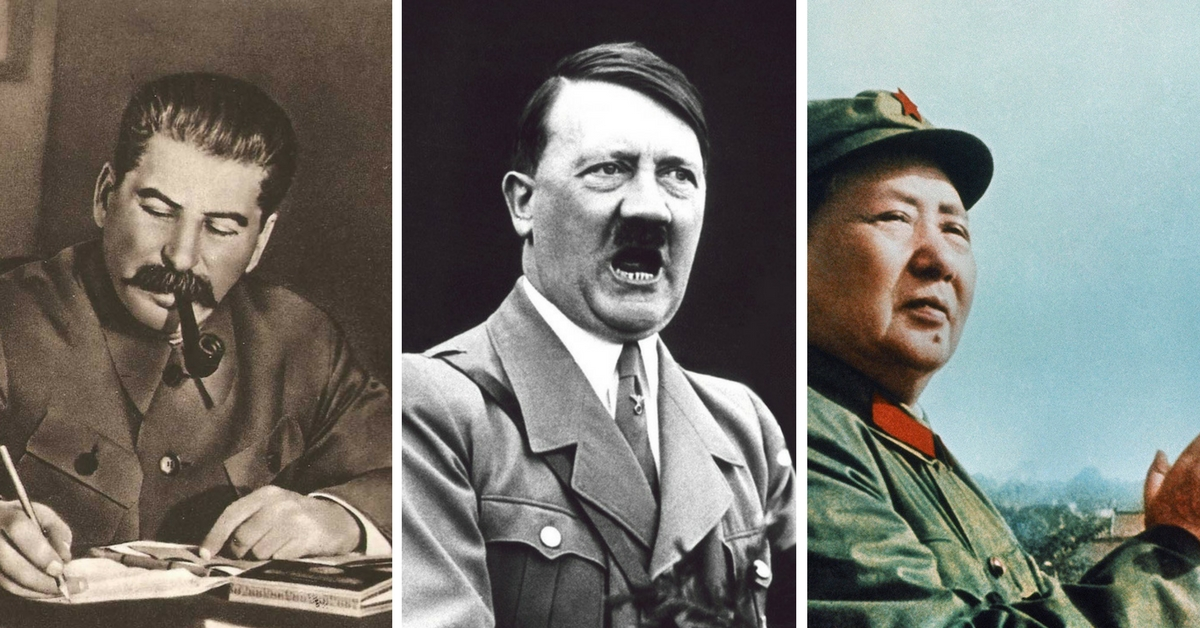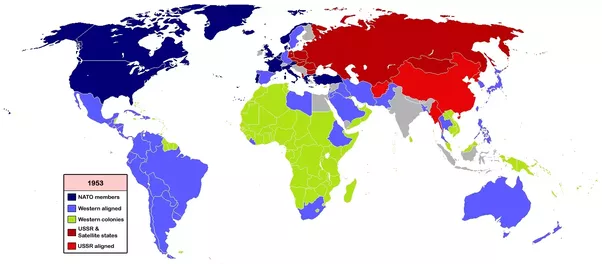Leadership is a fascinating subject. Partly because it is part of our everyday usage but it is not easy to explain it, partly because it has so many facets. This is one of the most written about topics in management literature. Academics, top global CEOs. Journalists - everyone had a stab at it.
I was also transfixed by the idea of understanding it. I still am. The world has seen the leadership of Gandhi, also of Churchill; Jobs, and also of Eric Schmidt. Their styles within even a narrow domain of human endeavour could not be more different.
Who is a leader? What is leadership? How do you become a leader? How much more effective can you be by becoming a good leader? Is it action or is it inspiration? Is leadership contingent or does it have permanent values? What role does culture play in leadership style? Is a Japanese leader different from a British one? Can you transfer leadership skills from a monastery to a commercial organisation?
The leadership puzzle has countless questions. My book, published as an introduction to leadership drew from my experience as a leader of a commercial entity and my readings.
I thought it would be more appealing to have a short book but the regret I have now is I should have put more on each topic.
But then there is always a tomorrow.
( The book is available on Amazon)





